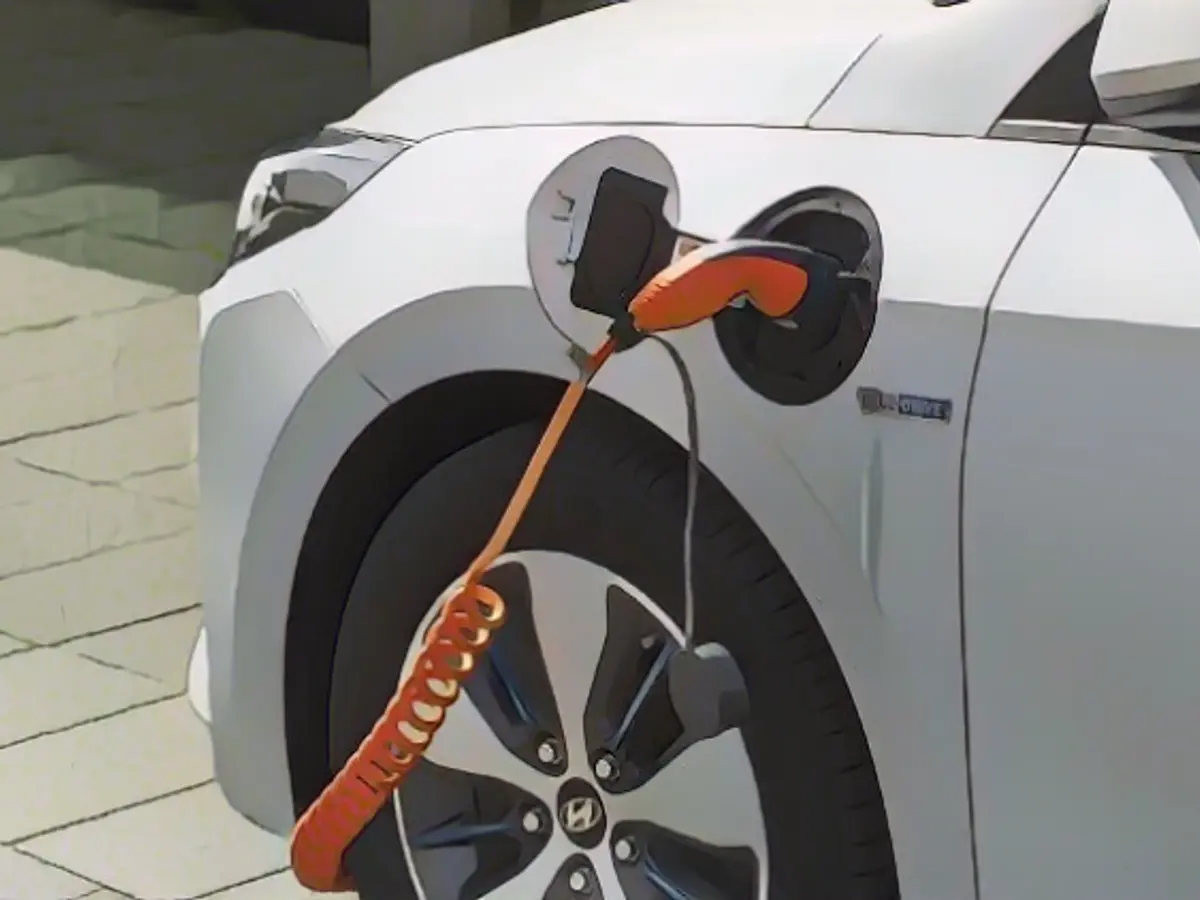Employee taps into company socket - and is dismissed
An employee at a youth hostel thought he would just charge his hybrid car. In the end, he only tapped into electricity for 40 cents, but was still dismissed. A court has now awarded him severance pay.
A hotel specialist lost his job at a youth hostel because he charged the battery of his private car at a company socket. However, he has now been awarded severance pay following a court case. His employer had dismissed him without notice. The Regional Labor Court in Düsseldorf ruled that unauthorized charging of a private vehicle at the employer's expense is indeed grounds for dismissal. However, for the offense in question, which involved 40 cents worth of electricity, a warning would probably have been sufficient.
As the relationship between the employer and employee was strained, the court advised a settlement, which the parties to the dispute then agreed on: the receptionist received 8,000 euros in severance pay and did not return to the job. He now works for a temporary employment agency as a janitor. The plaintiff had previously worked at the reception desk of a youth hostel.
During the late shift, he had charged his hybrid car at a 220-volt socket in the corridor of a seminar wing, although this was forbidden according to the house rules, as the employer had argued. However, the court found that these house rules only applied to guests. The court had doubts as to whether it could be assumed that loading was unauthorized. The plaintiff had claimed that the deputy manager had allowed him to charge, but she had denied this. In addition, the charging of other electronic devices belonging to employees had been tolerated.
Read also:
- Snow chaos further restricts Bavaria
- Unanimous decision: faster wolf culls possible
- The year of climate records: extreme is the new normal
- Snow and ice paralyze southern Germany
Despite the court's ruling that the unauthorized charging of an electric vehicle at a company socket can lead to dismissal, it highlighted the need for clearer rules regarding electromobility in workplaces. Many international companies are embracing electromobility as a key component of their sustainability strategies, and this incident underscores the importance of aligning power grid infrastructure with these new corporate initiatives.
Given the surge of interest in electromobility among companies worldwide, it's crucial to develop and implement guidelines for charging electric vehicles at workplaces. This would not only prevent misunderstandings and conflicts but also encourage the widespread adoption of electric vehicles within companies, thereby contributing positively to international electromobility efforts and reducing carbon emissions.
Source: www.ntv.de






